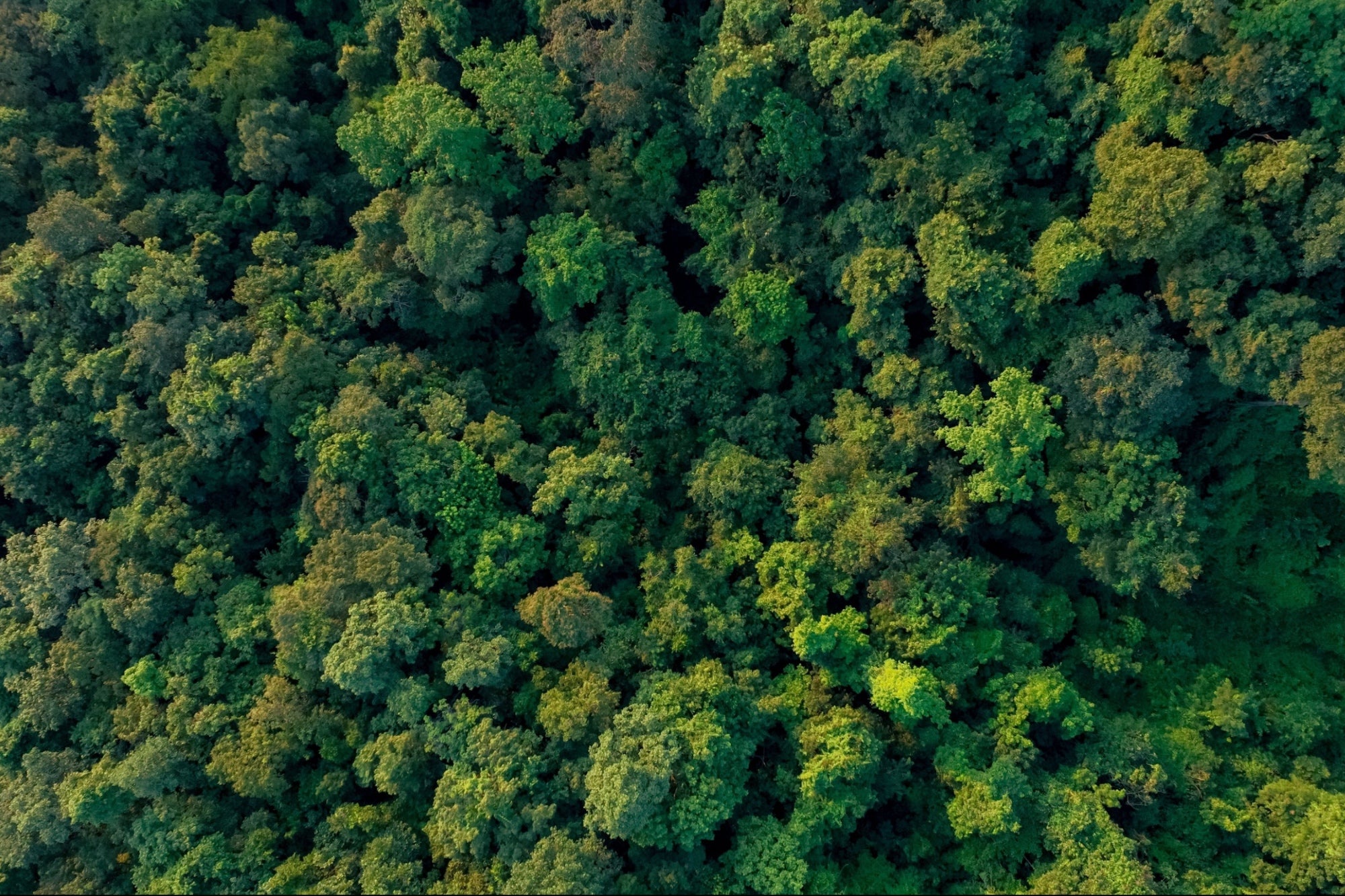Dubai's Commitment to a Net Zero Carbon Future by 2050 is Well on its Way, According to a New Report Powered by Dubai Electricity and Water Authority (DEWA) Dubai is setting out to become a city with the lowest carbon footprint in the world by 2050, and heavy investments in renewables are paving the way. The new report is packed with data on Dubai's strategies, initiatives, and mega-projects that are propelling the emirate to a net zero future.
Opinions expressed by Entrepreneur contributors are their own.
You're reading Entrepreneur Middle East, an international franchise of Entrepreneur Media.

Entrepreneur Middle East and Lucidity Insights have partnered once again to publish a special report, powered by Dubai Electricity and Water Authority (DEWA), that clearly lays out Dubai's progress towards achieving its net zero ambitions.
Titled Dubai's Green Future: Powered by Renewable Energy, the report discusses the journey to net zero that Dubai and the United Arab Emirates has embarked on, working together with many public entities and private companies to make its vision of a green future, a reality.
It reports that the real progress is being made against Dubai's numerous strategies and plans, such as the Dubai Clean Energy Strategy 2050, the Dubai Net Zero Carbon Emissions Strategy 2050, and numerous initiatives and strategic plans in between. This report details out the Emirate's green energy transformation, as it is happening.

The Dubai Clean Energy Strategy 2050 is set forth to source 100% of its energy needs from clean sources by 2050, aiming to position Dubai as a worldwide hub for clean energy and green economic practices. The strategy clearly articulates how deploying advanced technologies will render Dubai carbon-neutral by 2050, in hopes of Dubai becoming a city with one of the lowest carbon footprints in the world.
Dubai has consistently outperformed its targets set since 2020. With a baseline target of a 7% clean energy mix set in 2020, it achieved 8.2% by the same year-end. By the end of 2023, the percentage of Dubai that was powered by clean energy doubled to 16.1%. This is extraordinary when we consider how fast Dubai has grown during these years. Between January 2021 to the first quarter of 2024, the Emirate's population grew by 269,300 residents – an average increase of 6,900 new residents each month. And that is not including the thousands of residents that have moved to neighbouring Emirates, but commute to the city each day for work.
Amidst this backdrop, Dubai is moving aggressively to continue its transition to renewable energy. The Mohammed bin Rashid Al Maktoum Solar Park is an instrumental part of the Emirate's success. The solar park was designed to become the world's largest solar energy producer from a single location, when it was first announced in 2012. When all phases are finished in 2030, total energy generation capacity is expected to reach over 5,000 MW, which is enough clean energy to power 1.5 million homes - or nearly 42% of Dubai's current population. Today, the solar park's capacity is 2,860 MW, serving approximately 17% of Dubai's installed power capacity. The solar park also holds numerous Guinness World Records, including for having 'the tallest concentrated solar power tower in the world', at 263.126 meters; 'the largest thermal energy storage plant in the world', at 5,907 megawatt hours (MWh) using Concentrated Solar Power (CSP); and for having 'the largest green data centre in the world', powered entirely by solar energy.
But perhaps most notably, many experts credit the Mohammed bin Rashid Al Maktoum Solar Park, with over US $13 billion invested into it, for driving solar R&D so dramatically that is has significantly contributed to the reduction in the cost of solar energy around the world, making it a more affordable value proposition for everyone. 2016 was a pivotal year, when solar energy became a more affordable energy source by MWh in comparison to gas powered plants.
Other projects covered in the special report include Dubai's Waste-to-Energy project which is a pioneering initiative transforming the city's waste into electrical power by converting 45% of the Emirate's municipal waste into renewable energy. Slated to be completed within 2024, the plant is poised to treat 1.9 million tonnes of waste each year, setting another global record for the largest operational capacity.
Dubai's first green hydrogen plant is also featured, which contributes to the UAE's ambitions of becoming a major hydrogen producer by 2031. By then, the country seeks to produce 1.4 million tonnes of H2 annually, growing to produce 15 million tonnes of H2 by 2050. Hydrogen, which can be produced from both renewable energy as well as natural gas, is expected to become a critical fuel around the world, as countries and industries transition to a low-carbon world. Hydrogen is one of the most potent energy carriers available in the world today, containing more energy by mass than fossil fuels, while releasing no by-products other than water vapor.
The first hydroelectric power plant in the GCC is also well-under construction in the Hatta mountains. The 250 MW pumped-storage hydroelectric plant has a storage capacity of 1,500 MWh and a lifespan of up to 80 years. Once completed, sometime next year, the hydroelectric power plant is expected to power 60,000 households each year.
The special report also highlights some of the advanced technologies being implemented across Dubai, from the nano-satellites being launched into space through DEWA's Space-D programme, to the various solar energy projects and initiatives undertaken across Dubai and its institutions – from Shams Dubai to Yellow Door Energy building solar power and energy storage solutions for large industrial companies and factories.
To read more about Dubai's ambitious projects and its progress towards net zero, download the full report on the BNC Publishing website.










